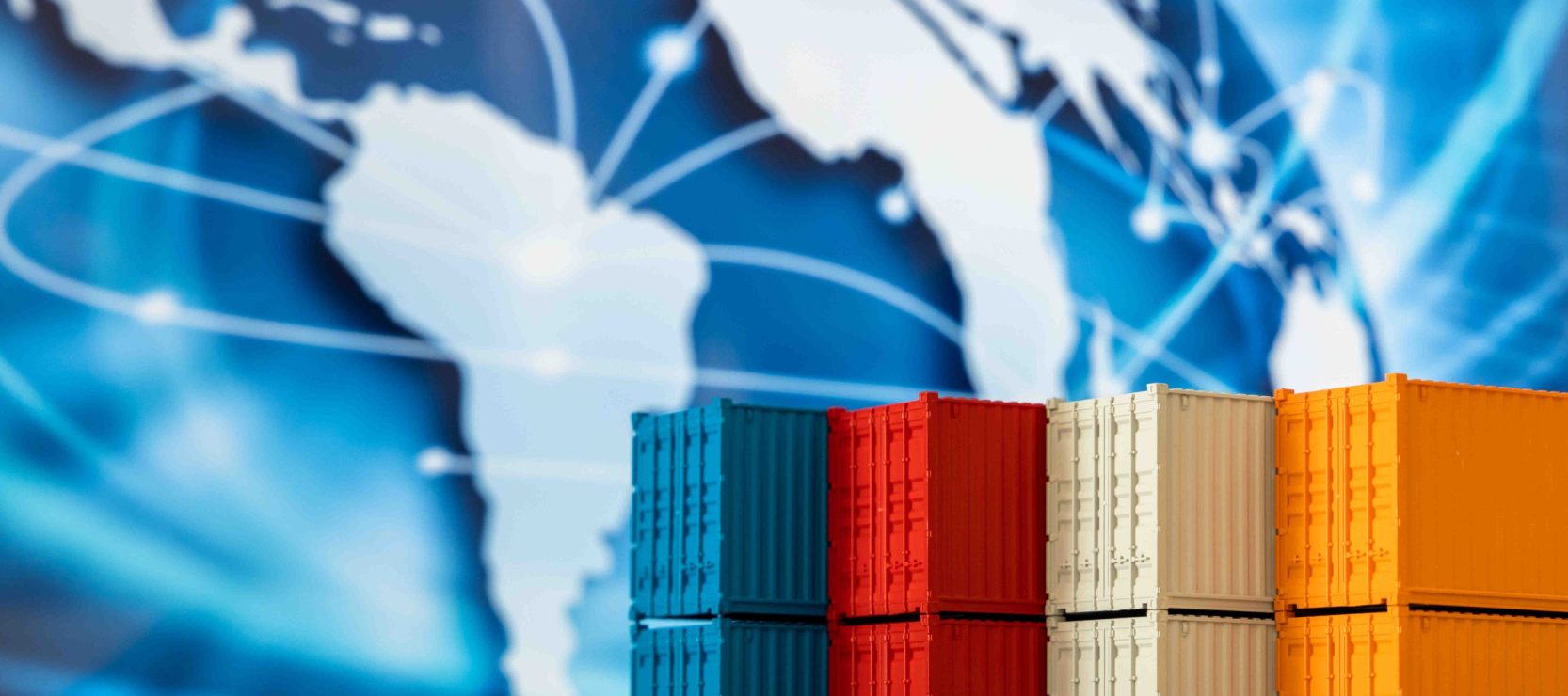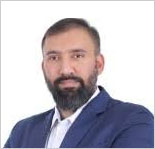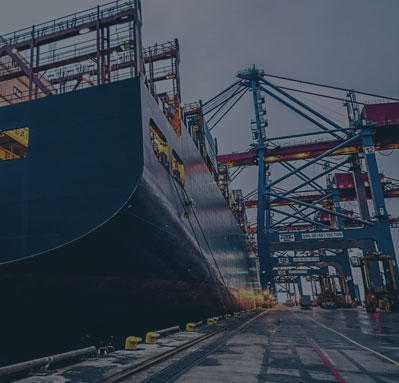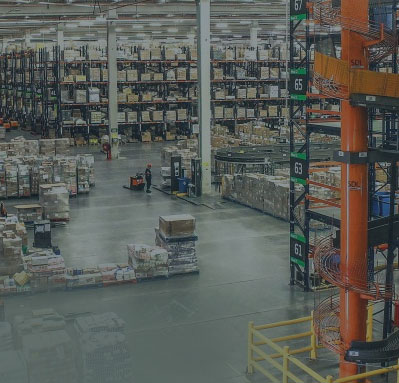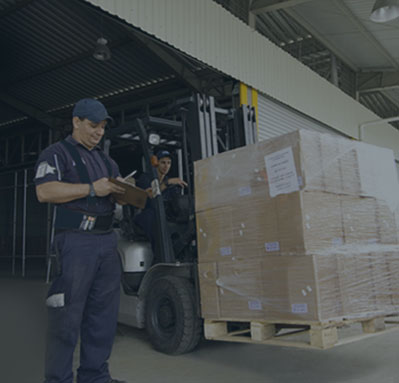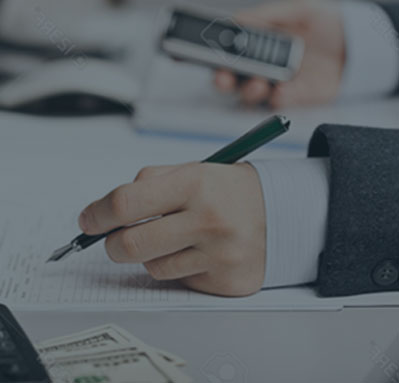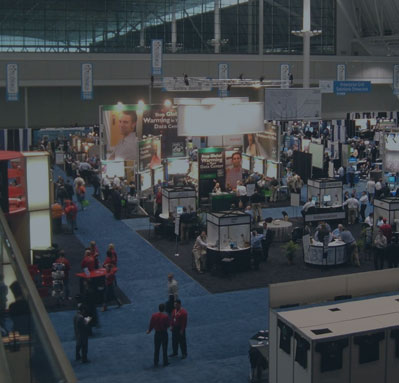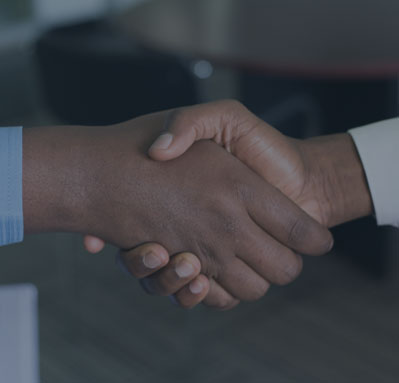The United Arab Emirates (UAE) has established several government agencies that work in collaboration with the customs department to regulate the import and export of various products, ensuring compliance with local and regional laws and regulations. These partnerships have been established to promote public health and safety, protect the environment, and promote economic growth. In today’s article we will look at some of the government agencies that work alongside customs, as well as goods they regulate.
Municipalities
Various local municipalities oversee the maintenance and improvement of infrastructure, public services, and environmental health in the UAE, and work in conjunction with UAE Customs to regulate the import and export of various products to promote public health, safety, and environmental protection. This partnership plays a crucial role in promoting compliance with laws and regulations, promoting public health and safety, and contributing to the UAE’s economic growth.
Working with UAE Customs, these municipalities may be tasked with:
- Regulating the import and export of food and agricultural products, ensuring these products adhere to health and safety standards to safeguard the public from the consumption of contaminated goods.
- Regulating the import and export of agricultural products to prevent the spread of environmentally hazardous plant diseases and pests.
- Regulating the import and export of hazardous substances, chemicals, and harmful waste to protect public health and the environment.
- Overseeing the import and export of building materials to ensure they meet safety standards for the UAE’s construction industry.
- Combating the illegal trade of counterfeit goods to protect intellectual property rights and prevent unfair competition.
- Regulating children’s toys to ensure imported and exported toys comply with local and regional laws and regulations related to public health and safety.
- Regulating the import and export of cosmetics, personal care products, fragrances, and health supplements to ensure they are safe for personal use as well as the environment.
It’s important to note that each local municipality is tasked with specific responsibilities for their area (i.e., Al Dhafra Region Municipality, Abu Dhabi City Municipality, Al Ain City Municipality, Dubai Municipality, Sharjah Municipality, Municipality and Planning Department- Ajman, Umm Al Quwain Municipality, and Fujairah Municipality).
Electric and Water Authorities
The UAE prioritizes providing access to essential services, such as electricity and water, to its residents. As such, the UAE has several government agencies responsible for the generation, transmission, and distribution of these essential services. These agencies include the Dubai Electricity and Water Authority (DEWA), the Sharjah Electricity and Water Authority (SEWA), and the Abu Dhabi Water and Electricity Authority (ADDC). Although separate entities, these agencies are vital in ensuring the UAE’s residents have access to reliable and uninterrupted supplies of electricity and water.
Dubai Electricity and Water Authority (DEWA)
The Dubai Electricity and Water Authority (DEWA), is a government agency that provides essential services to the residents of Dubai, including electricity, water, and gas. When DEWA imports or exports goods, it is required to declare the goods and comply with all customs requirements, including paying any applicable duties or fees. DEWA must also ensure that all necessary documentation is submitted to customs authorities in a timely and accurate manner. Failure to comply with these regulations can result in delays or penalties.
In cases where DEWA’s operations involve the import or export of regulated or controlled substances or equipment, such as hazardous materials or specialized machinery, DEWA must work closely with customs officials to ensure that all necessary permits, licenses, and inspections are completed in accordance with UAE laws and regulations. Additionally, DEWA may work with customs to investigate fraud or violations of customs regulations that relate to the import or export of electricity and water-related goods, including the under-reporting of goods or false labeling.
Sharjah Electricity and Water Authority (SEWA)
SEWA, or the Sharjah Electricity and Water Authority, is a government organization that plays a crucial role in providing essential services, such as electricity, water, and gas, to the residents of Sharjah. Their responsibilities include the generation, transmission, and distribution of electricity, as well as the production and supply of drinking water and natural gas in the Emirate of Sharjah.
One of SEWA’s key functions is to work closely with the customs department in the UAE to ensure that all necessary procedures and requirements are met when importing and exporting goods. This involves ensuring that any goods that require approvals or permits from SEWA are processed efficiently and that all necessary paperwork is completed correctly. SEWA may also work with customs to monitor the import and export of electricity and water-related goods, such as generators or water treatment chemicals. Additionally, customs may work with SEWA to prevent the smuggling of goods that could harm the environment or compromise the safety of the residents of Sharjah. This includes the smuggling of counterfeit or hazardous electrical and water-related goods.
Abu Dhabi Water and Electricity Authority (ADDC)
The Abu Dhabi Water and Electricity Authority (ADDC) is responsible for providing water and electricity services to the residents of Abu Dhabi. While ADDC and UAE Customs are not directly related, they may work together in certain instances. For example, if ADDC needs to import equipment or materials for its water and electricity projects, it will need to go through the customs clearance process. UAE Customs will then inspect and clear the goods, ensuring that they meet the necessary regulations and requirements before they can be released to ADWEA. Additionally, ADWEA may work with UAE Customs to oversee the import and export of water and electricity-related goods, such as power generators or water treatment chemicals, to guarantee their safe and compliant use.
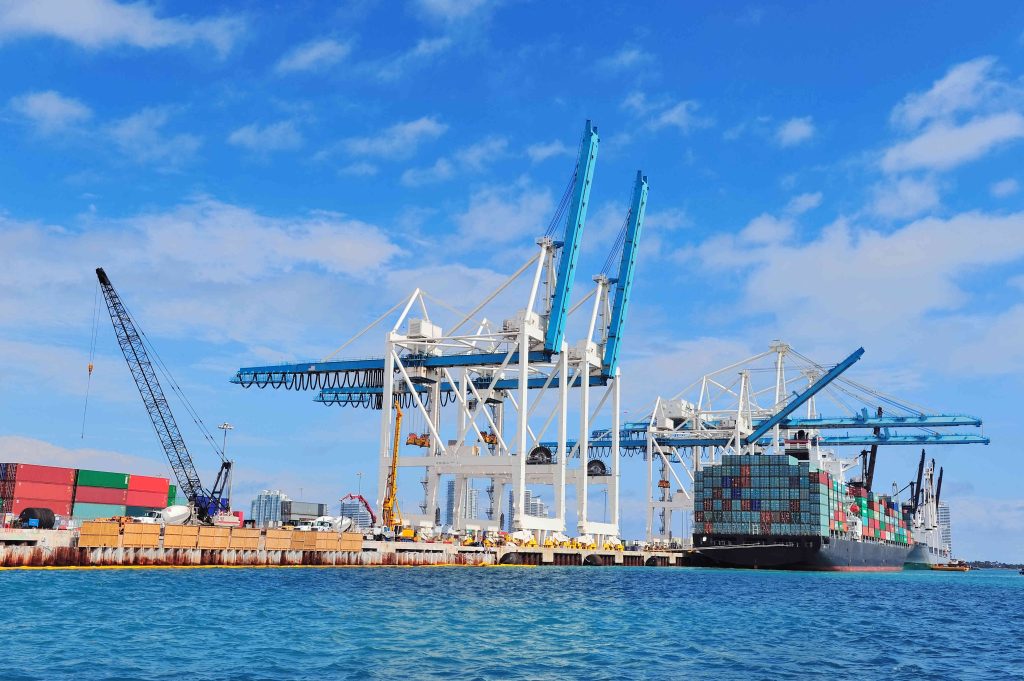
Ministry of Climate Change and Environment
The Ministry of Environment and Water (MOCCAE) and the customs department work together to regulate the import and export of items that may impact the environment. The agency has set up various regulations and guidelines for importers and exporters to ensure they meet all local and regional health and safety standards. MOCCAE is responsible for setting environmental policies, regulations, and standards in the UAE. It also conducts research, monitors and assesses the state of the environment, and implements programs and projects aimed at promoting environmental sustainability.
In collaboration with customs, the MOCCAE regulates the import and export of various products, including chemicals, hazardous waste, and endangered species. Furthermore, the MOCCAE works to protect endangered species in the UAE by regulating the import and export of animals and plants. The agency requires importers and exporters of endangered species to obtain the necessary permits and comply with relevant international treaties and agreements. Additionally, they also regulate the import and export of hazardous waste, ensuring waste is disposed of safely and in compliance with international treaties and agreements.
Ministry of Health and Prevention
The Ministry of Health and Prevention (MOHAP) works closely with customs to regulate the import and export of various products related to health and medical safety. This collaboration helps to ensure all imported and exported products meet the necessary standards and regulations related to public health and safety. MOHAP also regulates the import and export of various health and medical products, including pharmaceuticals, medical devices, and cosmetics. For example, the MOHAP requires importers and exporters of pharmaceuticals to obtain the necessary permits and comply with relevant safety and quality standards.
The agency also regulates the import and export of medical devices and equipment, ensuring that such products are safe, effective, and compliant with relevant international standards and regulations. Furthermore, the MOHAP collaborates with customs to monitor and prevent the smuggling of counterfeit and substandard health and medical products, providing training and resources to customs officials to help them detect and prevent the illegal trade of such products.
Telecommunications Regulatory Authority (TRA)
The Telecommunications Regulatory Authority (TRA) manages UAE’s telecommunications sector, covering internet and television services, and oversees the development of the Information and Communications Technology (ICT) sector. The TRA works closely with customs to regulate and supervise the telecommunications industry and sets standards for the import and use of telecommunications equipment such as mobile phones, satellite phones, and radio equipment. Import and export of SIM cards are also regulated by the TRA to ensure compliance with technical standards and relevant regulations. Any non-compliant or illegal equipment is confiscated, and the TRA may launch an investigation if laws or regulations have been violated. Additionally, the TRA collaborates with customs to develop policies and regulations for importation and use of telecommunications equipment, including importation procedures and inspection standards for specific devices like mobile phones and satellite communication equipment.
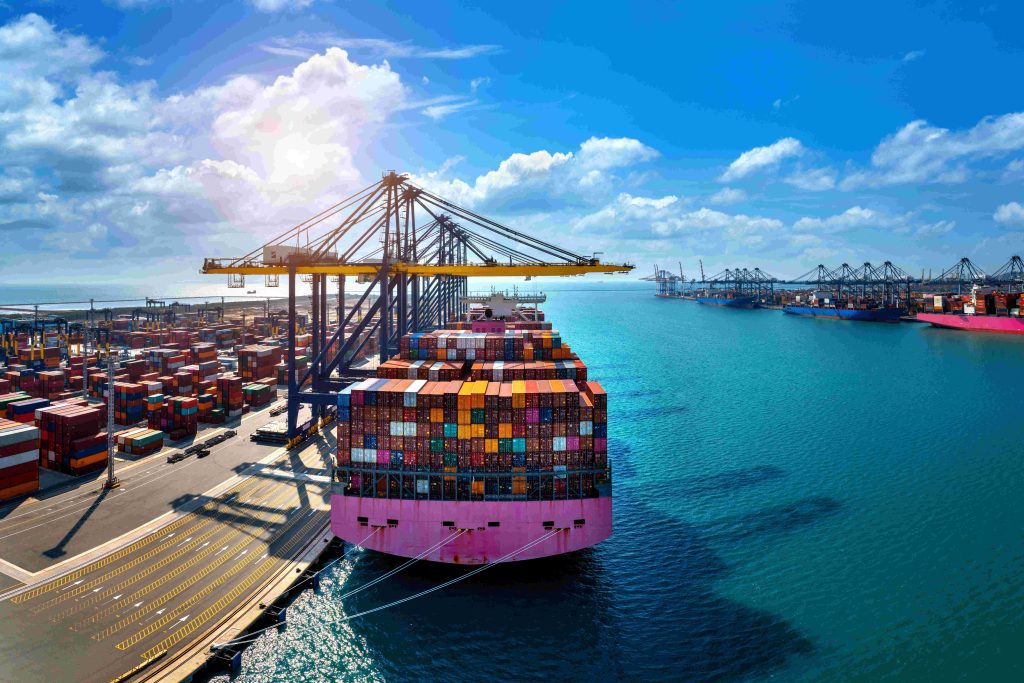
National Media Council (NMC)
The National Media Council (NMC) is responsible for regulating and overseeing all forms of media within the country. This includes print, online, and broadcast media. To ensure media content entering the UAE follows local laws and regulations, the NMC works closely with UAE customs. If any content is found to be in violation of UAE laws, customs officials can confiscate it and alert the NMC, which may take further action, such as imposing fines or banning the content altogether. By working together, the NMC and UAE customs help to ensure that media content in the country is appropriate and in compliance with local laws and regulations.
FANR
The Federal Authority for Nuclear Regulation (FANR) in the UAE is responsible for regulating and overseeing all aspects of nuclear safety and security in the country. This includes the import and export of nuclear materials and equipment, establishing radiation protection standards and monitoring radiation levels, and developing emergency response plans to promote best practices in nuclear safety and security.
To ensure that nuclear materials and equipment entering the UAE are in compliance with local regulations and international standards, FANR works closely with UAE customs. Customs officials are responsible for screening and inspecting all shipments of nuclear materials and equipment entering the country, and FANR provides guidance on how to properly handle and transport these materials.
MOI
The Ministry of Interior (MOI) plays a crucial role in maintaining public safety and security in the UAE, working closely with other government agencies and customs officials to ensure a safe and secure environment for residents and visitors.
The MOI supports UAE customs to detect potential safety threats. Customs officials screen and inspect all goods entering the UAE, while the MOI may investigate and make arrests if illegal goods are found. Together, they ensure safety and security for UAE residents and visitors.
The MOI is responsible for ensuring public safety, maintaining law and order, and protecting the country’s borders. Its key responsibilities include:
- Police and law enforcement: oversee the country’s police forces and law enforcement agencies, including the federal police, local police, and civil defense.
- Border security: responsible for securing the UAE’s borders and preventing illegal entry of people and goods into the country.
- Civil defense: ensure the country is prepared for natural disasters and other emergencies by developing and implementing emergency response plans.
- Immigration and residency: regulate the entry and exit of foreigners into the country and manage residency permits and visas.
- Traffic and transport: oversee road safety, driver licensing, and vehicle registration.
Dubai Civil Defense (DCD)
The Dubai Civil Defense (DCD) is a crucial government agency responsible for preventing and mitigating fires and other emergencies in Dubai. Its duties include fire prevention and suppression, emergency response, rescue operations, and enforcing safety regulations. The DCD conducts routine inspections to ensure compliance with safety standards and offers training to raise fire safety awareness. It collaborates with UAE customs to prevent fire hazards and ensure safety. Customs screens all goods entering the country and notifies DCD of potential fire hazards. DCD then conducts further inspections, issues safety warnings, or takes necessary actions to prevent fires. The DCD and UAE customs work together to maintain a safe and secure environment for residents and visitors in Dubai and the UAE.
Dubai Police and UAE customs collaborate to ensure a safe and secure environment for residents and visitors in Dubai and the UAE. Dubai Police and UAE customs collaborate to prevent the smuggling of illegal goods such as drugs, weapons, and counterfeit products into the country. Customs officials screen all goods entering the UAE and notify Dubai Police if any illegal items are found, which may result in detainment, confiscation, and further investigation.
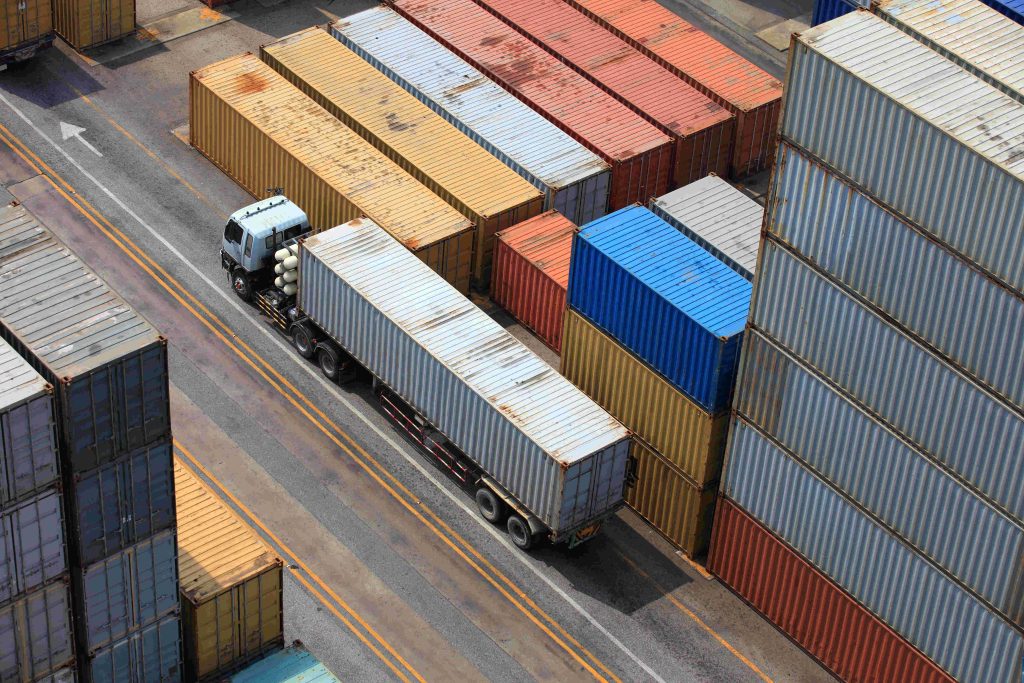
Ministry of Cabinet Affairs
The Ministry of Cabinet Affairs oversees UAE government operations. By coordinating and implementing policies and strategies to achieve the country’s objectives, Cabinet Affairs promotes efficient communication between government entities. It collaborates with customs to create and implement policies and regulations related to customs operations and trade facilitation, developing new procedures to enhance efficiency and compliance with trade regulations. The Cabinet Affairs also supervises the implementation of trade agreements, working with customs authorities to ensure adherence to trade-related policies. By working together, the Cabinet Affairs and UAE customs support economic growth and development in the UAE.
RTA
The Roads and Transport Authority (RTA) in Dubai is responsible for ensuring safe, efficient, and sustainable transportation services for residents and visitors. It manages various transportation modes, including roads, metro lines, buses, taxis, and water transport, while developing and implementing transportation policies and regulations. The RTA collaborates with customs authorities to facilitate the movement of goods and people across the UAE’s borders by developing policies and regulations related to transportation, such as customs clearance procedures and transport regulations. For example, the RTA may work with customs to develop regulations for the import and export of vehicles, ensure compliance with safety and environmental standards, and facilitate the clearance of imported goods at ports and airports.
General Civil Aviation Authority (GCAA)
The General Civil Aviation Authority (GCAA) regulates the aviation sector in the UAE, working closely with Customs to enforce regulations related to the import and use of aircraft and goods. They collaborate to identify any violations and ensure compliance with UAE laws and regulations. The GCAA also regulates the movement of people through airports, including screening passengers and verifying travel documents.
One of the most important regulations set up by the GCAA is the safety certification of all aircraft and aircraft parts. According to current regulations, all imported or exported aircraft and parts must meet safety standards and be certified by a recognized testing and certification body. Additionally, the GCAA regulates the import and export of drones in the UAE. To maintain safety standards, drones must be registered and comply with labeling and packaging requirements. Operators must follow regulations related to privacy and safety.
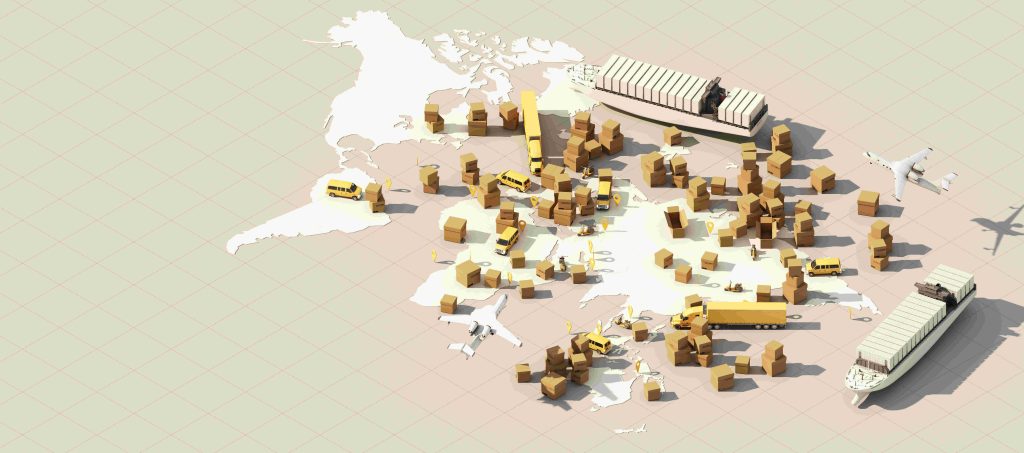
What permits and approvals are required for importing and exporting items in the UAE?
Individuals and businesses are required to obtain permits and approvals for importing and exporting goods in the UAE. These permits and approvals are dependent on various factors, such as the type of product, country of origin and destination, and the regulations of the government agencies responsible for overseeing the product category. Some of the more common customs permits and approvals required to import and export items in the UAE include:
- Import/Export License: A valid import or export license is required for all goods imported into or exported from the UAE. The license is issued by the Department of Economic Development (DED) in the emirate where the company is registered.
- Certificate of Origin: A certificate of origin is a document that confirms the origin of the goods being imported or exported. Issued by the Chamber of Commerce in the country of origin, it must be validated by the UAE embassy in that country.
- Customs Declaration: A customs declaration form is required for all goods entering or leaving the UAE. The form provides detailed information about the goods being imported or exported, including their value, quantity, and description.
- Product-specific permits: Certain products require specific permits or approvals from government agencies before they can be imported or exported. For example, food and agricultural products require approval from the Dubai Municipality, while medical devices and pharmaceuticals require approval from the Ministry of Health and Prevention.
- Special approvals: Certain items, such as weapons, explosives, and hazardous materials, require special approvals from the UAE government before they can be imported or exported.
The collaboration between the customs department and various government agencies in the UAE is critical in promoting compliance with laws and regulations, safeguarding public health and safety, protecting the environment, and ensuring sustainable economic growth. The partnerships between these agencies play a critical role in promoting public health and safety, protecting the environment, and while upholding the UAEs reputation as a global business hub.
Through the joint efforts of these agencies, the UAE can provide a seamless and efficient process for businesses to import and export goods while also maintaining high standards of safety and quality. From regulating the import and export of hazardous waste to overseeing the telecommunications industry, each agency is responsible for specific products and services. The UAE government has taken a proactive approach to ensure the country is an attractive destination for international trade and commerce, while ensuring that all imported and exported products comply with relevant laws and regulations.
At Cargoline, we help facilitate import and export with government agencies and customs in the UAE by providing a range of logistics services. As the leading logistics provider in the UAE, our team is committed to promoting compliance with laws and regulations, safeguarding public health and safety, protecting the environment, and ensuring sustainable economic growth. We understand the significance of collaboration between the customs department and various government agencies, and we work closely with them to guarantee the seamless and efficient import and export of goods while upholding the highest standards of safety and quality. From providing guidance on import/export regulation and coordinating with government agencies to ensure compliance to providing logistics support and supply chain management, we are here to help.
Contact a member of our team to learn more.
